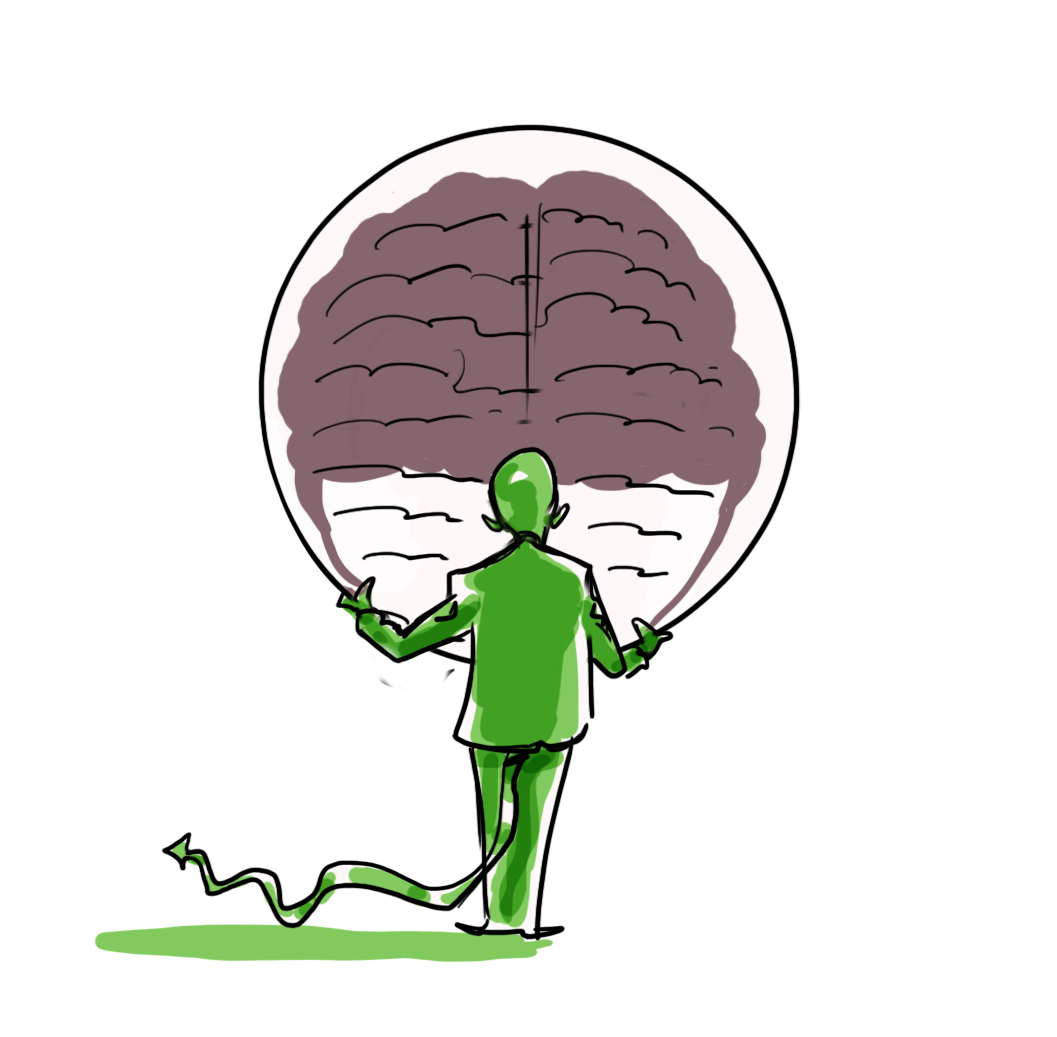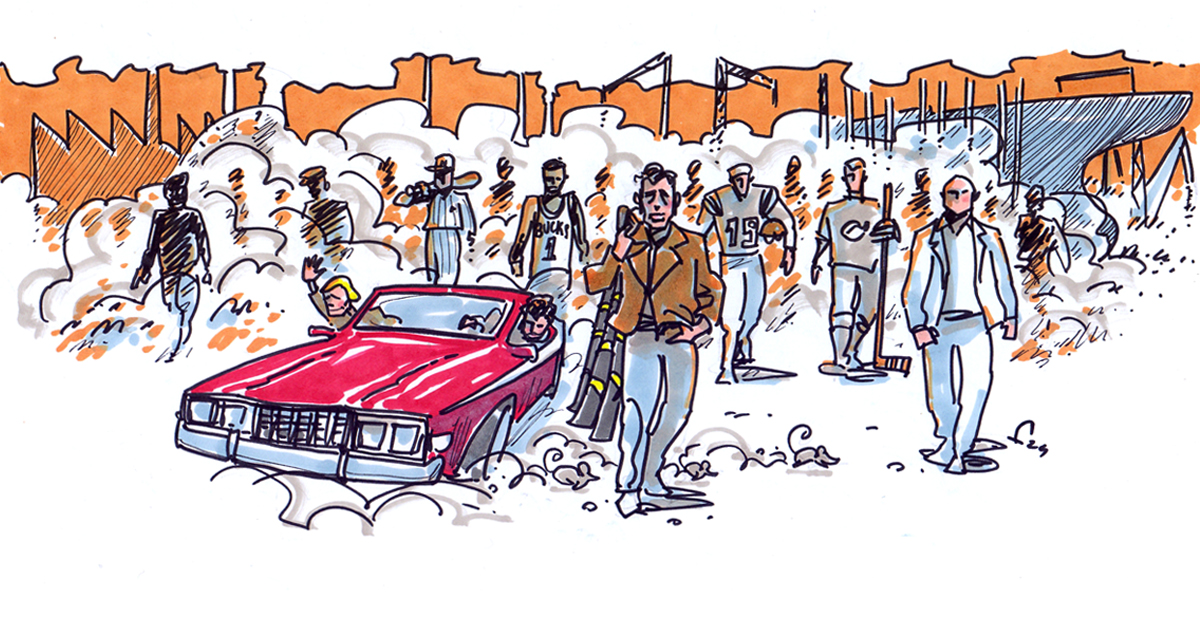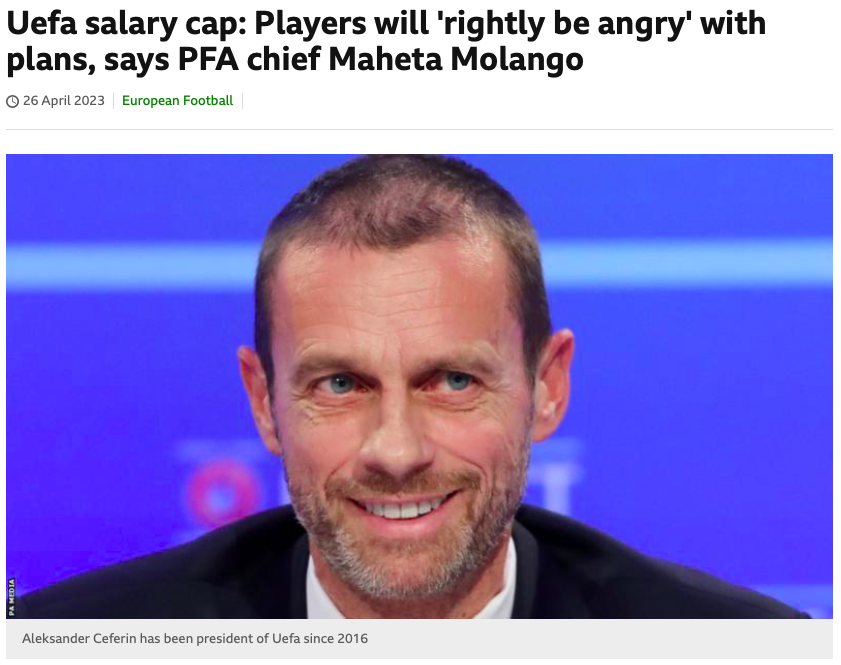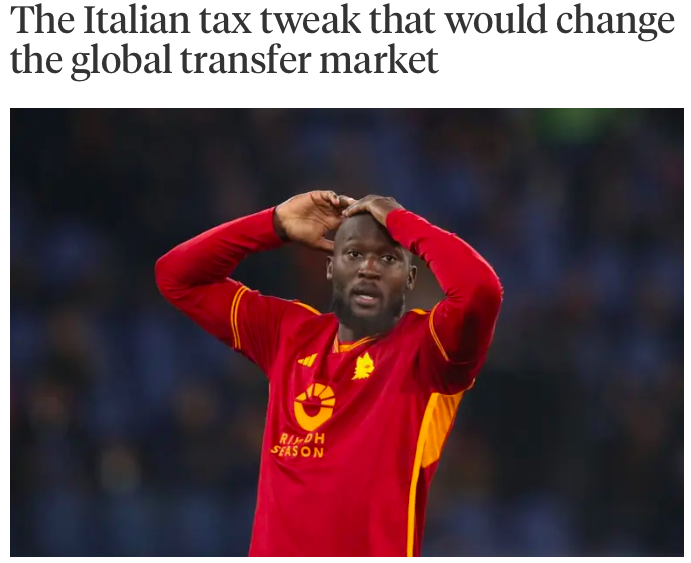David Soul is dead.
Those of the Starsky and Hutch generation will inevitably feel a pang of sadness, of disappearing sands in the hourglass. Not because he was a great actor or singer (he was neither), but as a representative symbol of that era.
The first Column of 2024, a sequel and natural companion to Camelot, is offering a Phil Bennett sidestep on all those sport(tech) future-gazing articles, so beloved at this time of year. We shall instead look back, not for a nostalgia rush to the 1970s, but because the past is always prologue. And if history doesn’t repeat, it certainly always rhymes.
It is just less than ideal that so many people today are unfamiliar with organised labour trade unions, and their raison d’être, especially during times of intense disruption, where the world inevitably splits into winners and losers.
Sportbiz ticks the “Intense Disruption” box!
No prediction article will mention trade-unionism as “one to watch”, but in reality that struggle is again all around us. Leagues, Tours, are all being torn asunder by the forces of money, and any idea of community, sharing, and redistribution is just now sounding very naive.
It’s obvious therefore that organised labour, acting in unison, should and will have a key role in sport from 2024 onwards. Maybe just not with their existing athlete union.
The trail of breadcrumbs is already apparent.
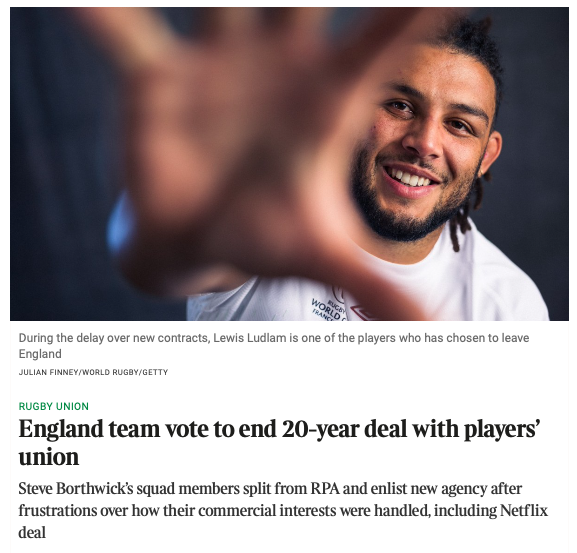
These examples and what they are telling us is this Sunday’s Play for Today.
Isn’t it extraordinary how we can all remember those brave productions with such clarity? Sport was often front and centre: Abigail’s Party had an ex Palace player; Lou Macari central in Comedians. And of course Just Another Saturday, starring Billy Connolly, a chilling masterpiece around the sectarian bigotry in Glasgow, which to this day dominates Celtic Rangers and all of Scottish society. This was the BBC at its absolute best, but is an era long gone.
The general angst/anxiety of 2024, also in sport,
is reminiscent of the socio-economics of the 70s.
At the end of the postwar economic boom, workers all over Europe and America were asking for more money (to compensate rising prices), and striking to protect jobs being lost to technology and cheaper emerging countries. The mean streets of New York were in dirty decay, eerily similar to a San Francisco of today. People were pessimistic, and proxy wars escalated as superpowers snarled at each other.
It was all very dark and depressing, so people like David Soul or Charlie’s Angels were fed to us, to help lighten the mood.
It’s now exactly 50 years ago, on the back of all that strife and bitterness, that the UK actually had to ration electricity and energy for homes and businesses! This Three Day Week, in response to striking miners and railways, left a nation without power two days every week. TV broadcasts were stopped at 22:30. Children did their homework by candlelight.
So dramatic was this, that 1974 saw 2 Westminster general elections, ultimately throwing out the incumbent Ted Heath Conservative government, bringing the socialist Labour Party back into power. Miners’ wages were increased by 35% in February 1974, and the same again a year later. Over the next 5 years of their administration, Labour would, in this way, seek to placate all trade union demands, ultimately to no avail. The UK saw ever-increasing worker agitation and strident demands.
The economy and society was on its knees.
A Shakespearean Tragedy
Enter stage left the Winter of Discontent, (the opening line of the Bard’s Richard III), to describe a paralysed and angry 1979, with belligerent trade unions and their infamous leaders; Red Robbo at British Leyland, and the aggressively guttural Mick McGahey at the National Union of Miners.
Those direct experiences absolutely affected my generation as much as the red Ford Gran Torino with a white stripe. Houses looked and smelt like candlelit churches; homework was attempted on tables stained with wax.
But we remember how the adults, our parents, dealt with it all. We saw “Stoic”!
Our parents had seen the war. It showed.
My own father found himself deep in the trenches working the line at the Chrysler car factory, and one would need a book to recount his vivid tales of worker votes, strikes, and secondary picketing. Suffice to say he was devastated in what he saw, as so many people seemed more interested in political dogma than financial sustainability and protecting jobs. Strike votes were by a show of hands, with people gleefully raising both, staring daggers at those of different opinion. Pyrrhic victories for “all-out”, cheered to the rafters, were in reality a suicide note for any car-manufacturing in Scotland, and my dad knew it.
He left the industry, and his natural political home, and never again voted Labour. They don’t make cars in Scotland anymore.
On reflection, he was exactly the type of responsible and ambitious working class man to whom Margaret Thatcher would appeal so successfully.
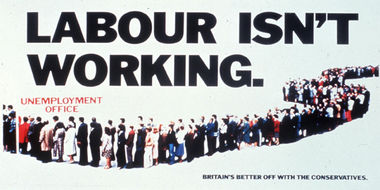
Labour indeed wasn’t working!
Trade unionism had hubristically lost its way, and gone all Animal Farm.
People were fed up, and the grocer’s daughter from Grantham won a landslide in 1979.
The Blessed Margaret wasn’t one for sugar coating the truth for dying industries, or for jobs that couldn’t be saved, and wouldn’t come back. She was “Maggie the Impaler“, and her vision for renewal utterly defined a New Britain. She may have been economically right, but her methods were brutal. Communities, in Scotland, Wales, the Midlands, didn’t have any possible road back from this Adam Smith devastation, and they were shamefully cast adrift.
I can’t help to spit nails
when just thinking about Trade Unions.
— Margaret Thatcher
The trade unions were never the same again.
In fact, we don’t see many strong unions and workers strikes anymore for a very simple and sinister reason. In the last 30 years the working man and woman in Western economies have seen their share of progress and economic growth insidiously diminish year after year, with more and more of the profits going to the fat cats and providers of capital. The introduction of globalisation, mass immigration (you think that’s random?!), and bringing China into the world trade organisation (WTO) has simply put a huge volume of new hungry underpaid souls into the workplace, naturally keeping wages down. Strikes don’t work so well when you can just outsource the entire factory to Vietnam, right?
Thatcher lacked empathy and compassion, and her legacy is less complimentary than it should be for exactly this reason. History books don’t reward unkindness, and even a committed capitalist must recognise that safety nets are always needed, and trade unions crucial. Capital will always treat “workers” as poorly as it can get away with. That’s human nature; that’s the story of the world.
Andy Beckett tells it best.
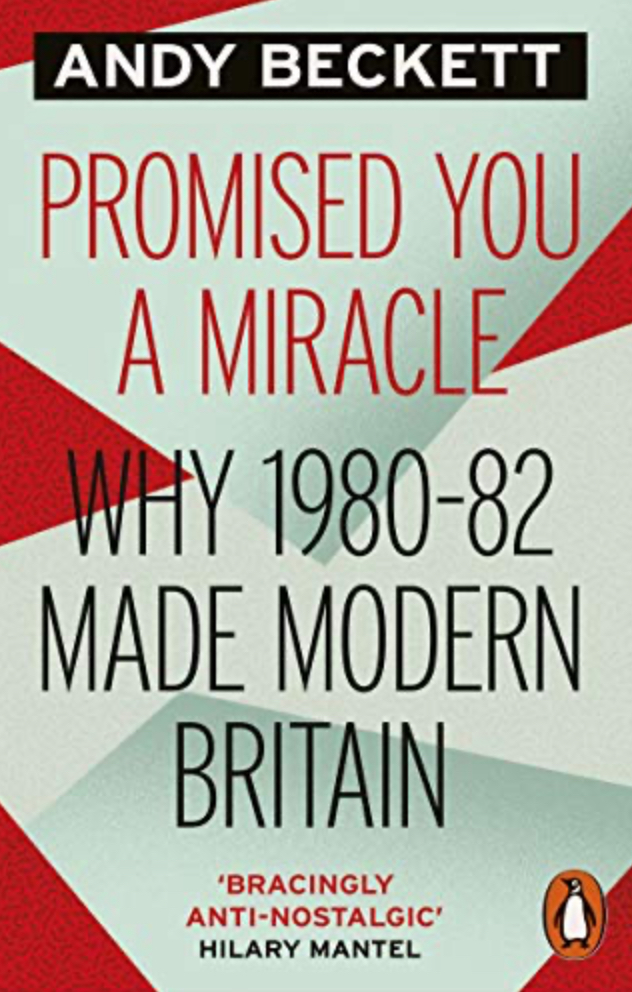
Back then, as with sport fandom today, it was also a generational thing. Older working class men were in denial, wanting to hold on to their dying rust-belt jobs, in a belief that tradition needed to be saved. (That rings bells at every sport conference one attends today).
Instead, their kids with a full life ahead of them were more obsessed with new gold dreams of ambition and success, and the “laissez-faire” 1980s promised them that miracle.
This polarisation is exactly where we are today.
“Follow the Money”, as a credo, waits and cries for no-one,
in sport or anywhere.
This is the core thesis of my book, Sport’s Perfect Storm. How the market forces of capitalism are ripping apart our games: rewarding some very well, whilst leaving the others to their fate. One guy wins, the other schmuck loses.
In today’s winter of discontent, we are so in need of sensible trade unions. It has always been them who have delivered the rights and protections in the workplace, and it is the duty of us, from the generation of Cruyff and Beckenbauer, to remind people of that in 2024.
Trade unions have been an essential force for social change, without which a semblance of a decent and humane society is impossible under capitalism.
– Pope Francis
Similar quotes can be found from John Fitzgerald Kennedy et al.
Sport’s Trade Unionism is no different.
Given today’s multi-million-dollar deals for athletes, it’s easy to forget that the pioneers of America‘s favorite sports leagues, such as Oscar Robertson, Johnny Unitas, and Gordie Howe were victims of tyrannical bosses, harsh expectations, and unbalanced wages. Those athletes were treated as pieces of property with no rights to pensions, healthcare benefits, or even lunch money for road games. As in most cases, their labor unions were born out of exactly these unfair working conditions and inadequate wages. It took the resolution of a few brave players to stand up to owners and demand a fair share of the revenues that their talent provided.
Investopedia.
‘Twas always thus. Let’s not forget that, in 1955, hockey legend Tim Horton had to work a summer job to make ends meet. NFL players were responsible for maintaining their own uniforms. MLB players didn’t win the free agency system until 1975.
Similarly, in the UK at the start of the 60s a player, Jimmy Hill, a union, PFA, threatened strike action for higher player wages. They also rightly won.
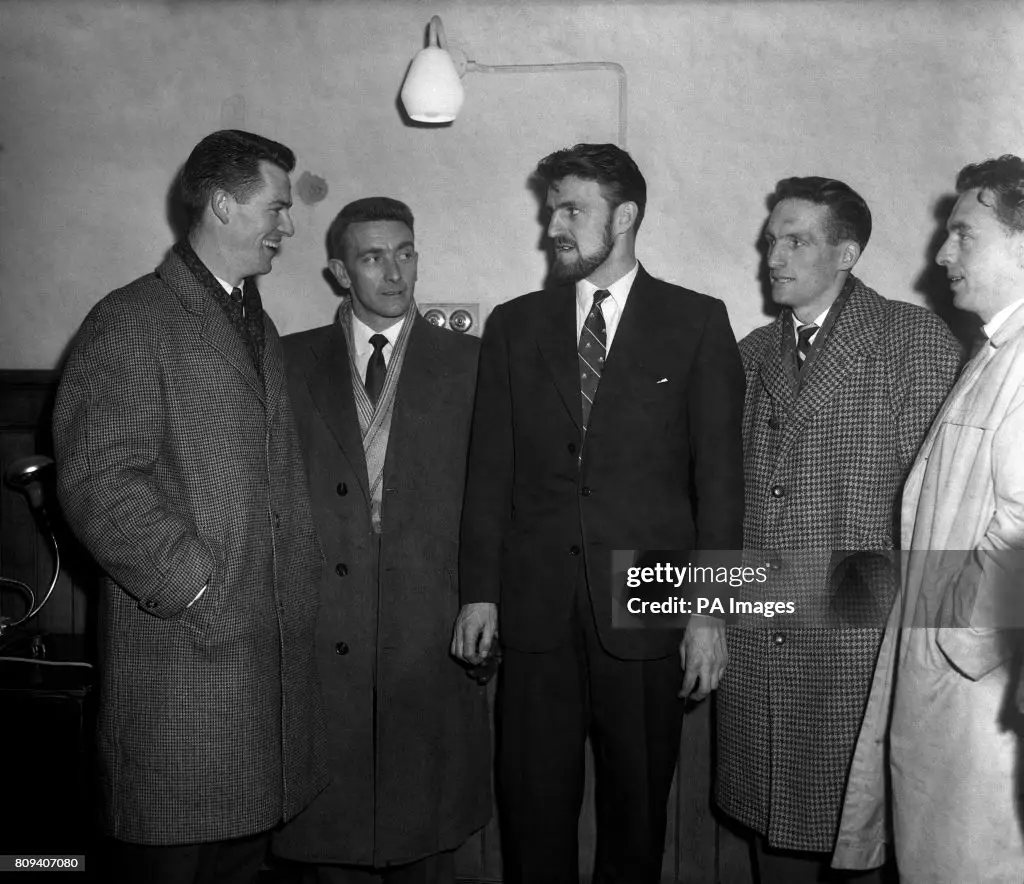
Many years later, with football players still fighting to escape contractual serfdom, it again took a brave worker, Jean Marc Bosman to win freedom of contract for his colleagues in association football. It’s tragic that he didn’t personally benefit, but Anthony Martial does.
So the poetry of trade-unionism is undoubtedly glorious and appealing. It’s just the practical prose that is so often such a let-down.
The problem is that we don’t live in a world of idealism. Too many datapoints show that Marx doesn’t actually work, and real progress has only come from competitive destruction and innovation, financed by capital.
Trade unions are islands of anarchy in a sea of chaos.
– Aneurin Bevan
Anyone who has had any dealings with the football version of the players union, in any country or at FIFPRO, knows a similar story. They are often toothless and inefficient quangos, not even protecting their members in ill-health, as the heading concussion debate highlighted. The England team rugby players are ditching their Union because it is shit. Just like the PFA was. Fact, not opinion.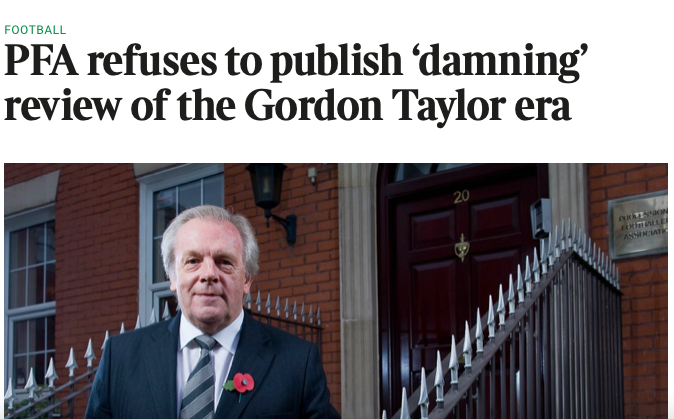
The story of trade unions is a mixed bag.
But in sport, if a softening market for media rights values is now finally accepted wisdom, it will be the players and athletes who will feel the brunt. They will be the shock-absorber on the P&L. Good unions will be needed, to show leadership and solidarity.
For example, Italian football owners and directors, the capitalists, are currently purple with rage that the tax breaks offered to foreigner players are being ended. Today, Italian clubs can manage to be somewhat competitive for top players, as their tax bill on them is so low. The removal of it will be commercially devastating for a league already short of “box office”. This would be a perfect example of “underpriced risk” taken on, in this case by DAZN renewing the SerieA deal.
A deal I personally wouldn’t have done.
In response, the Italian players union, rather splendidly, has strongly backed the removal of the tax break, believing it has massively disadvantaged and crowded out Italian youngsters (their main client), leaving the Italian national team in desperate decline.
None of all this is ever black or white, and is often a zero-sum game. In football, at the PGA, in rugby.
With our industry now at full speed on the highway to Hollywood v Arthouse, there will be these battles galore. The film is only at the opening credits.
Arthouse needs protected as best it can be, and that is going to be only with good, sensible trade unions. Men like Jimmy Reid.
This Glasgow man represented the very definition of working-class hero. His oratory, dignity, and above all, his reason was undeniable. He saved Glasgow shipbuilding from that same Heath government at least for a few more years. This brief video, with eulogies from Billy Connolly and Sir Alex Ferguson is simply beautiful. Please watch it, as in 6 minutes it explains the DNA of some of sport’s favourite sons, from this part of the World; Shankly, Stein, Busby, Sir Alex.
Reid’s ethos is also the essence of team-building, even today.
Glasgow is not a banal city. Jimmy represents it best; humble yet strong; intelligent and erudite, without formal education.
Reid was elected Rector of my alma mater Glasgow University. And, on acceptance, delivered what is considered, also by the New York Times, as one of the greatest speeches of all time. The subject was Marx‘s theory of alienation. In one famous passage he lamented the “scrambling for position” in modern society and stated that:
The rat race is for rats. We are not rats.
The idea and vision of trade unionism is the morally superior road, especially for a supposed Christian. The strong and talented will always be fine. Our scorecard depends on how one deals with the others.
Mick Lynch, the most high-profile union leader in the UK today, is a worthy descendant of Jimmy Reid. He stands head and shoulders above any current UK politician in terms of moral gravitas, stature, and decency.
So, the past is indeed prologue and our world of sport has to think about organised labour, whether in athlete unions, or in fragmenting Tours.
The Americans over the pond once again have worked all this out long ago. In so so many ways, the home of capitalism does socialism better in our industry of sport. They rebalance/redistribute with the Draft, and they fully accept the role of the trade union.
In conclusion, there is no future for European sport without a new social contract with players. Where it isn’t just about “I’m alright Jack”.
Where the watchword is a ship called Dignity. She is the one to watch in 2024.
All that needs Jimmy Reid and Mick Lynch. Sadly, it often gets Gordon Taylor.
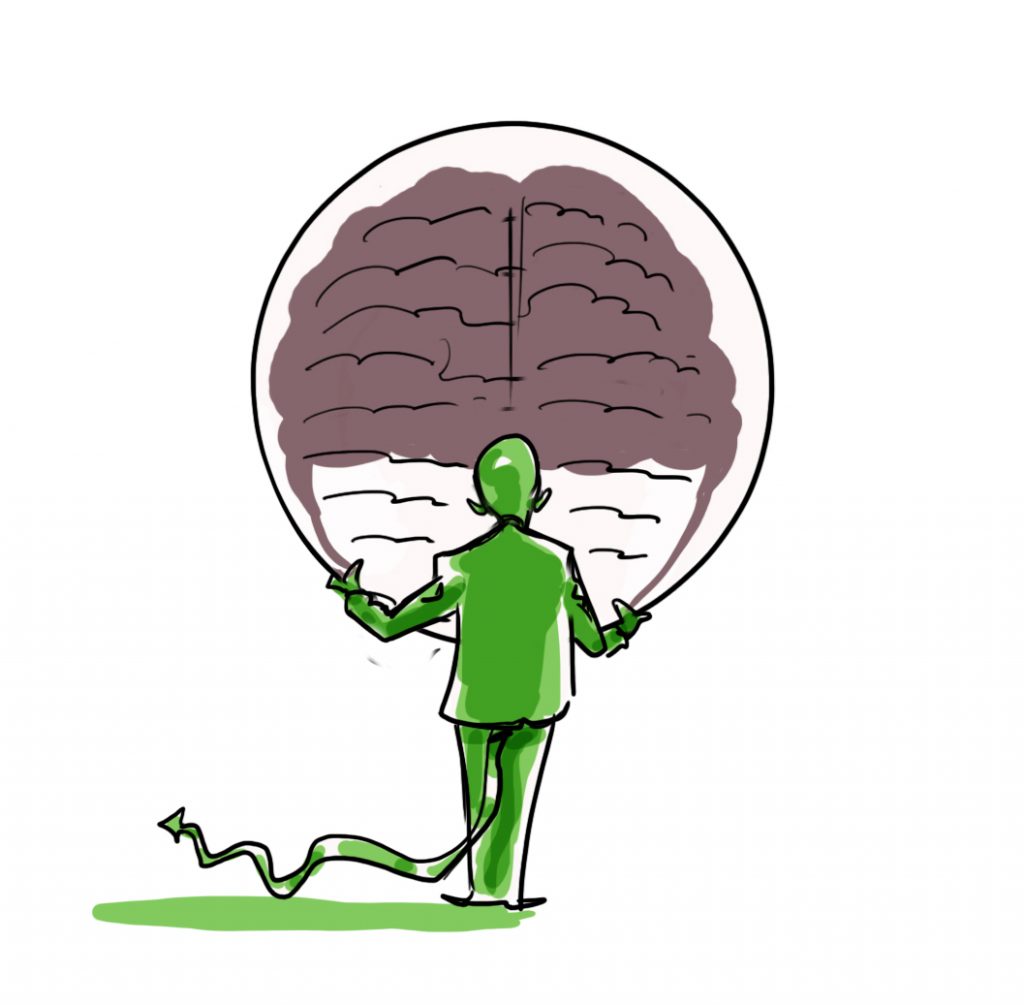
To order the Limited Edition of Roger Mitchell’s book “Sport’s Perfect Storm“, click here and fill the form.
Listen to our “Are you not entertained?” sports management podcast here.
To find out what we do in change management, have a look here.
For our C-suite management services, read here.
Here you can know more about our content development work.
Discover our Corporate Learning service.
Get to know more our “Sport Summit Como” yearly sports management event here.
If you are interested in our own story, check us out here.

